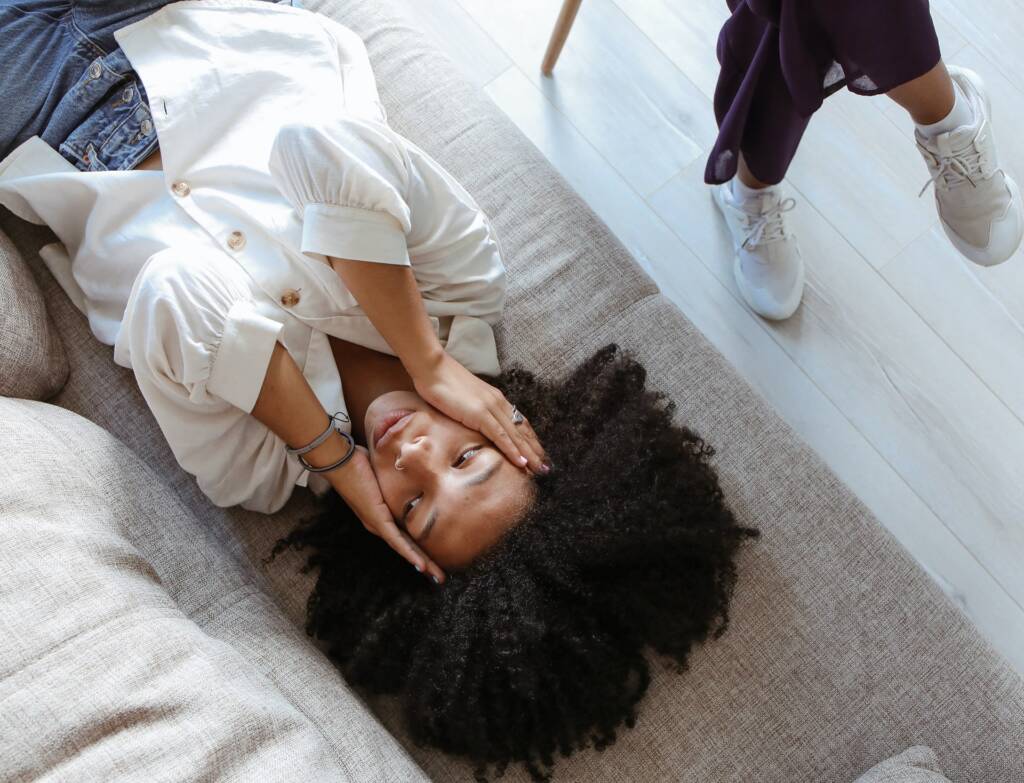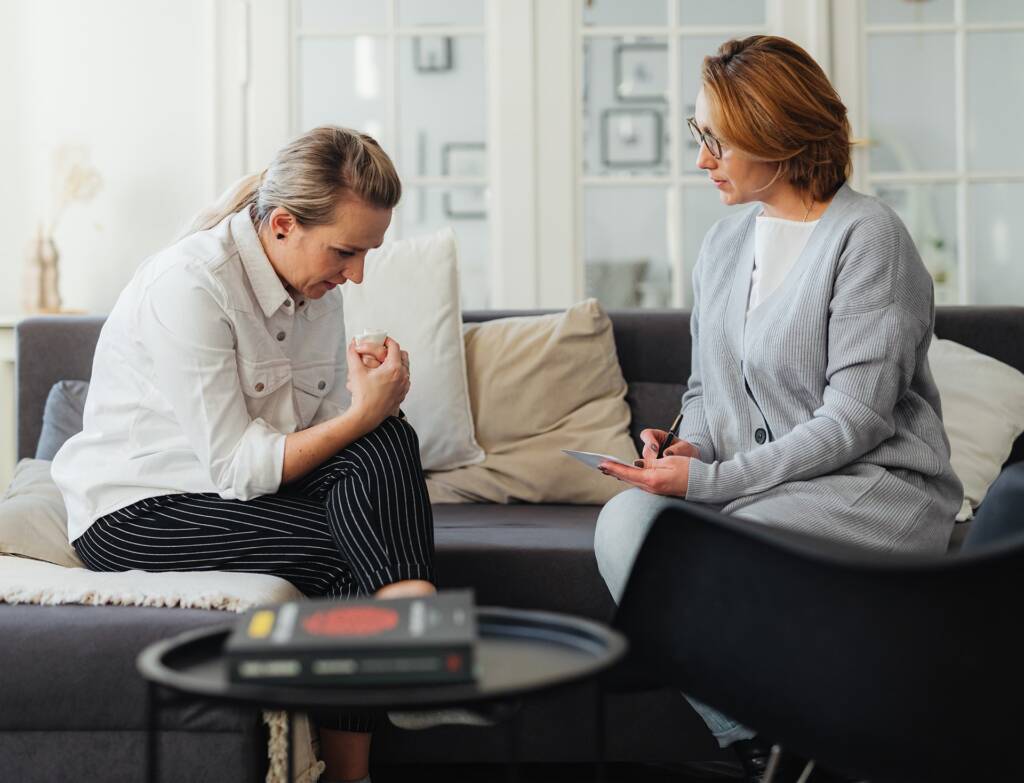For women navigating mental health struggles, the weight of unmanaged anxiety, depression, or trauma can feel isolating—but Cognitive Behavioral Therapy (CBT) offers a lifeline. Now accessible online, CBT empowers women to reframe negative thought patterns, heal emotional wounds, and rebuild resilience without leaving home.
This guide explores how online CBT bridges gaps in traditional therapy, offering flexibility for busy schedules, privacy for sensitive issues, and tailored strategies for women’s unique hormonal and societal challenges. You’ll discover evidence-backed techniques, success stories, and actionable steps to start your healing journey. Whether you’re battling postpartum anxiety, workplace stress, or unresolved trauma, this article equips you with tools to transform your mental landscape—one click at a time
Why Online CBT Works for Women’s Unique Needs
Women face distinct mental health challenges shaped by biology and societal roles. Hormonal shifts during menstruation, pregnancy, and menopause amplify emotional sensitivity, making traditional therapy timing inflexible. Online CBT adapts to these fluctuations—a 2024 Mayo Clinic study found that 68% of women reported better consistency with virtual sessions during hormonal transitions.


Case Study: Balancing Motherhood and Mental Health
Sarah, a 32-year-old mother of two, struggled with postpartum anxiety but couldn’t attend in-person sessions. Through Brightside Health’s CBT platform, she accessed evening video sessions and mindfulness exercises during nap times. Within 8 weeks, her anxiety scores dropped by 40%.
Being vulnerable is actually a strength and not a weakness — that’s why more and more mental health is such an important thing to talk about. It’s the same as being physically sick. And when you keep all those things inside, when you bottle them up, it makes you ill. -Cara Delevingne
Key Advantages for Women:
- Flexibility: Reschedule sessions during childcare emergencies or work demands.
- Specialized Care: Platforms like Online-Therapy.com offer modules for perinatal mental health and workplace stress.
- Community Support: Anonymous forums (e.g., NHS’s Side by Side) reduce isolation for trauma survivors.
Actionable Tip: Use apps like Woebot for real-time CBT coaching during hormonal lows. Track mood patterns alongside menstrual cycles to identify triggers.
Quick Takeaways
📈 Proven Results: Virtual CBT matches in-person efficacy for anxiety/depression.
🌐 Flexibility Wins: 73% of women prefer online CBT for balancing caregiving roles .
🧘 Hormone-Aware Tools: Apps like Clue integrate CBT exercises with cycle tracking.
💡 Cost-Effective: NHS-guided self-help CBT reduces wait times by 50%.
🔒 Privacy Matters: Encrypted platforms protect sensitive issues like domestic trauma.

Conclusion
Online CBT isn’t just a convenience—it’s a revolution in women’s mental health care. By addressing hormonal, logistical, and societal barriers, it empowers women to reclaim agency over their emotional well-being. Whether through AI-driven apps or therapist-guided modules, healing is now accessible at your fingertips.
Start today with a free NHS self-assessment or a 20-minute trial session with us. Your mental wellness journey deserves priority.
FAQs
- Is online CBT as effective as face-to-face for women?
Yes—studies show comparable results for anxiety and depression, especially with therapist support. - How do I choose a platform specializing in women’s issues?
Look for keywords like “perinatal CBT” or “hormonal mental health” in provider bios. - Are there free options for low-income women?
The NHS offers guided self-help CBT, and apps like Woebot provide free basic tools. - Can I use CBT apps during menopause?
Absolutely! Apps like MindShift CBT target mood swings and sleep issues linked to hormonal changes. - How secure are online therapy sessions?
HIPAA-compliant platforms like harbourstone.org use encryption to protect your data.


